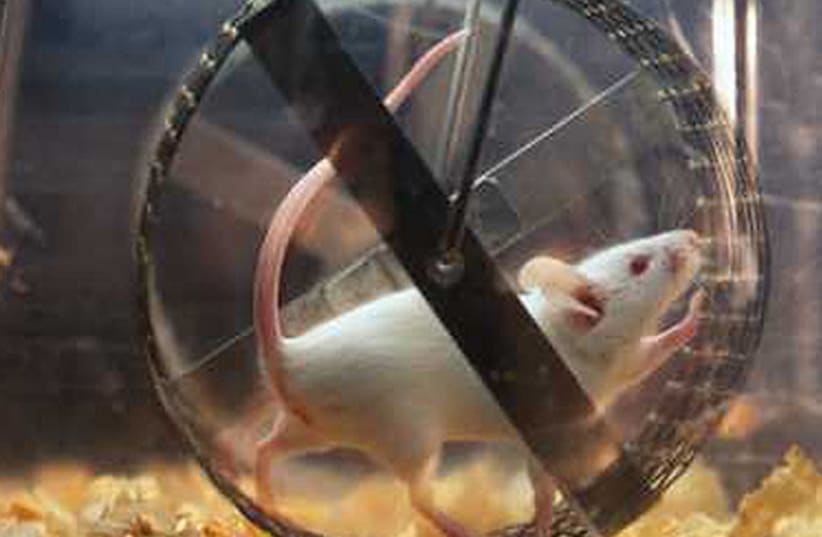A recent study in Cell led to the discovery of a group of neurons in mouse brains that were shown to influence motivation in relation to tasks followed by rewards. That is, the increased activity of these neurons increased how hard a mouse would work. Studies like this one have the potential to shape the way we think about and approach motivation.
Neurons in a particular region of the brain known as Fezf2 neurons were shown to increase in activity when the mice completed physical and cognitive tasks.
The researchers who completed this peer-reviewed study wanted to examine whether these neurons had any influence on a mouse’s ability to actually complete the tasks given to them, or whether the neurons affected motivation alone.
In their experiment, mice were given a water bottle that released a small amount of sugar water when licked. The mice would lick the bottle spout more quickly as the scientists increased the activity of these neurons, or lick more slowly as they decreased activity. The scientists repeated the experiment with other rewarded tasks for the mice such as running on a wheel, all to the same results.
The vigor of their performance only increased to a point, however. As the mice drank more and more sugar water, eventually they would reach a point where no amount of increased activity of their neurons would increase their motivation.
The authors hope to do further research into how these neuron centers work in people with depression and use their findings to create non-addictive treatments.

